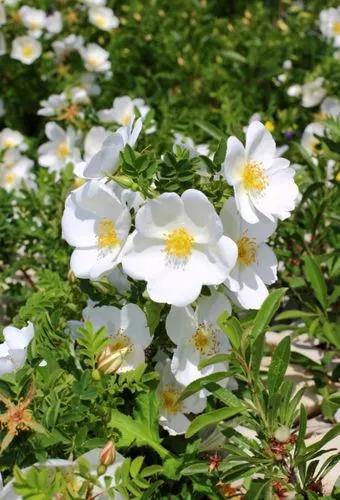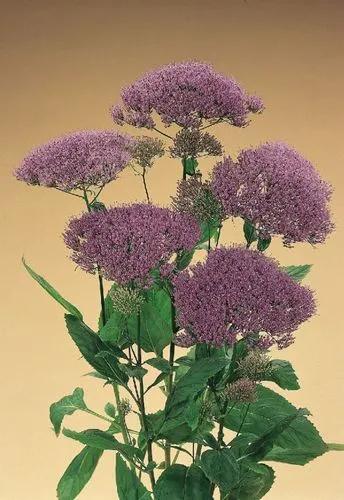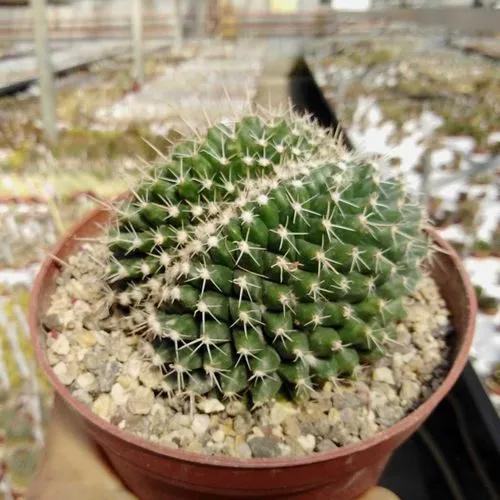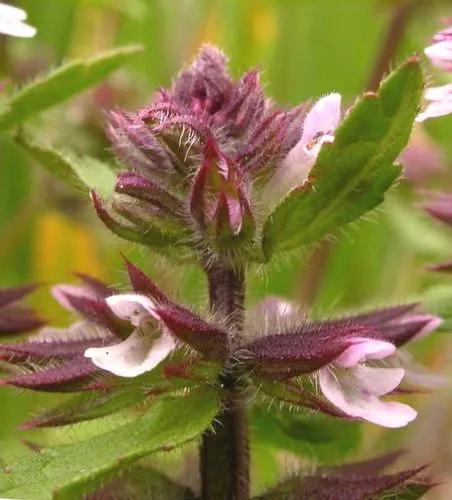Clintonia borealis is a species of flowering plant in the lily family Liliaceae. The specific epithet borealis means "of the north," which alludes to the fact that the species tends to thrive in the boreal forests of eastern Canada and northeastern United States.
Blue-bead Lily Care
Clintonia Borealis



How to Care for the Plant

Water

Easily grown in organically rich, sandy or loamy, moist soils in part shade or full shade. Water as needed to keep the soil slightly moist but never soggy.

Fertilizer

You can fertilize the plant every spring using a general, all-purpose mixture.

Sunlight

Best grown in full sun to part shade.

Soil

Perform well in most types of soil.

Temperature

Peace lilies are sensitive to chemicals commonly found in tap water, such as fluoride, which may peace lilies enjoy high humidity.

Additional

The entire lily plant is toxic: the stem, leaves, flowers, pollen, and even the water in a vase. Eating just a small amount of a leaf or flower petal, licking a few pollen grains off its fur while grooming, or drinking the water from the vase can cause your cat to develop fatal kidney failure in less than 3 days.

Popularity

278 people already have this plant 38 people have added this plant to their wishlists
Discover more plants with the list below
Popular articles






